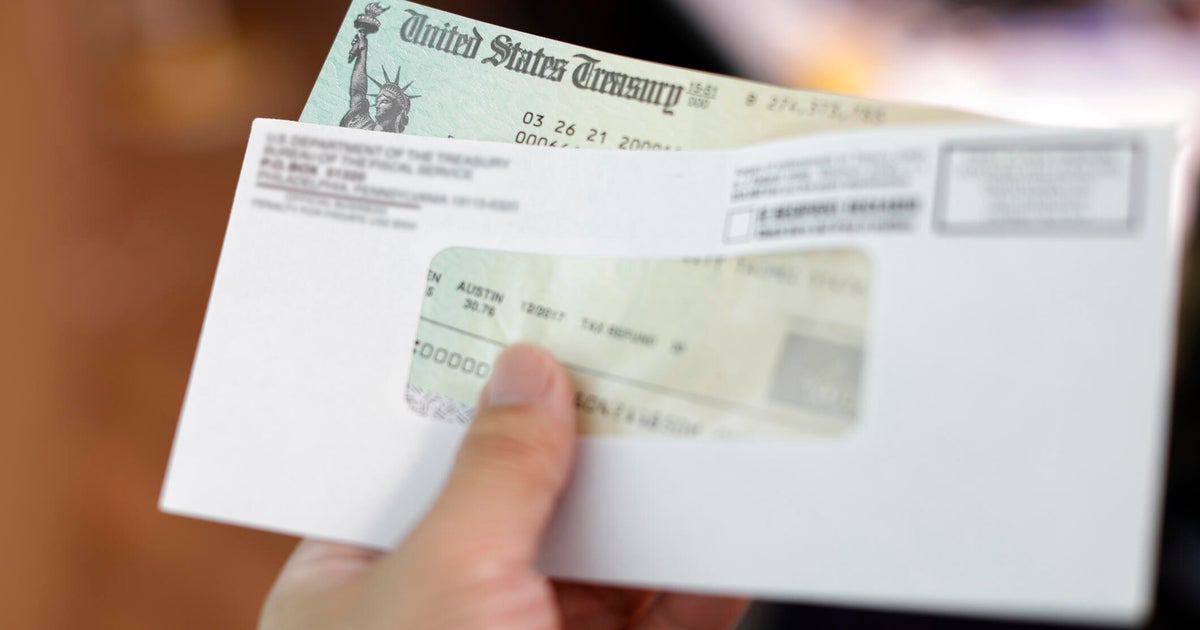Staying safe while playing Santa this year
The only things worse than overspending during the holidays is having your computer hacked or credit card information stolen while overindulging. Yes, sticking to a budget might be difficult, but keeping your identity and credit safe is relatively simple and inexpensive.
In fact, at least two steps are free.
"Remember, criminals have presents to buy this season too," said David Dufour, vice president of engineering and cybersecurity at Webroot, which makes cybersecurity products. "They're looking for the easiest way to scam consumers and make money."
One no-cost method to block thieves from your information is regularly changing your banking, credit card and retail website passwords, said Alex Heid, chief research officer at SecurityScorecard, which helps companies assess and address cybersecurity threats. He said hacking will continue, and companies won't necessarily disclose a breach quickly -- or at all.
That means your password and credit card information may be floating around the dark web without your knowledge. Changing passwords can help wall off your information.
"Security boils down to the user not making themselves a target," said Heid.
The temporary credit cards designed for online shopping offered by institutions such as Bank of America (BAC) and Citibank (C) provide another free security protection. These temporary cards are connected to the consumer's main credit card, but they have different numbers and expiration dates as well as generally lower spending limits. They allow consumers to shop online without exposing their main credit card numbers, limiting the damage caused by any theft.
Such cards may be especially useful this year considering Dufour's assertion that phishing scams have become increasingly sophisticated. He said scammers will include legitimate images, logos and links in their emails to lure in consumers. They try to get shoppers to click on a "special link" for the best deals -- a link that will be fraudulent.
Dufour said thieves' use of ransomware is also expanding. That's when a hacker gains access to your computer files, locks them and demands money to release them. Unlike viruses which can be removed from a computer after an attack, the only way to get your information back from a ransomware attack is to pay the hacker.
Antivirus software should repel ransomware from your computer. However, it's worth the time and effort to back up your computer files on backup drives, in a cloud storage service or on DVDs.
Experts say consumers should use be sure to use credit cards when they shop instead of debit cards because the former offer more protections if they're stolen. And don't make purchases or conduct banking on public Wi-Fi networks.



